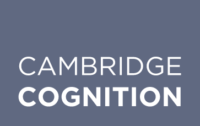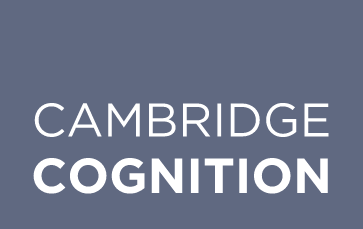Webinars
11 January 2023
Novel Digital Technologies and Biomarkers to Characterise Depression
Novel digital biomarkers have the potential to quantify commonly reported symptoms from patients that have been often difficult to characterize and span across many diagnostic groups.
Here we explore several of these technologies alongside leaders from Novartis in the webinar ‘Novel digital technologies and biomarkers to characterise depression‘.
Dr. Kristin Hannesdottir, Translational Medicine and Clinical Endpoint Expert at Novartis, discussed the challenges in drug development for depression, including the use of infrequent, subjective paper-and-pencil assessments which are unable to capture daily fluctuations in mood. Digital endpoints can offer objective, high-frequency assessment, with fewer in clinic visits, facilitating smaller, less burdensome and faster clinical trials.
Dr. Jelena Curic, Senior Data Scientist at Novartis, described results from a two week methodology study which assessed the ability of eight promising digital technologies to accurately classify and differentiate between adults with and without depression, compared to gold standard assessments. Average mood, measured using PHQ2, a brief, high frequency, remote assessment, was the most effective classifier and predictor, indicating the value of digital assessment technologies.
Dr. Francesca Cormack, Director of Research and Innovation at Cambridge Cognition, explored features which made digital assessments successful, highlighting that very brief assessment duration is key to low participant burden and good participant adherence. Three high-frequency digital assessments, N-Back, PHQ2, and the Emotional Bias Task, were discussed as case studies, demonstrating good discrimination between patients and healthy adults, and strong correlation with gold standard measures.

